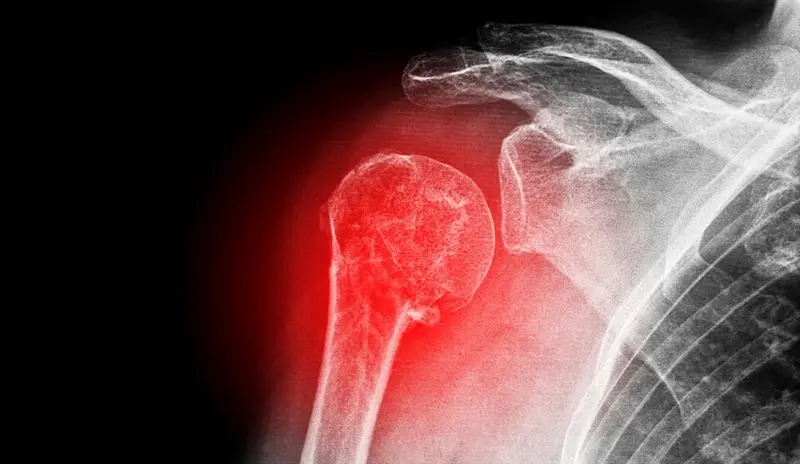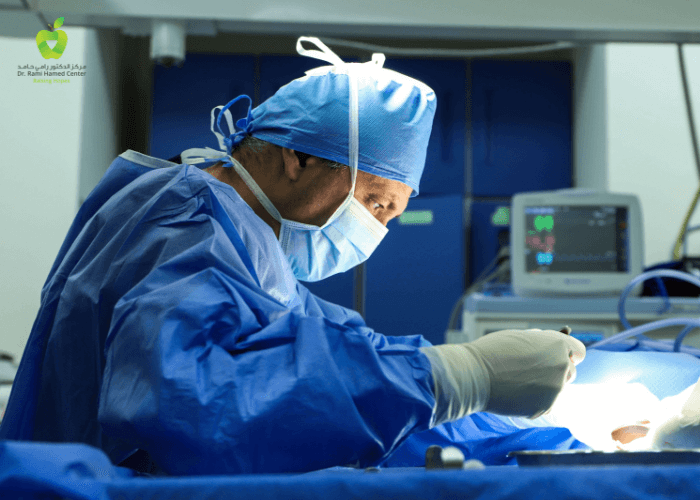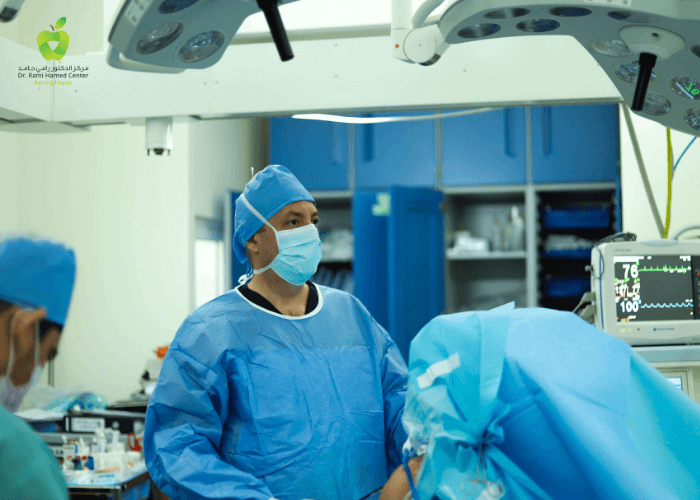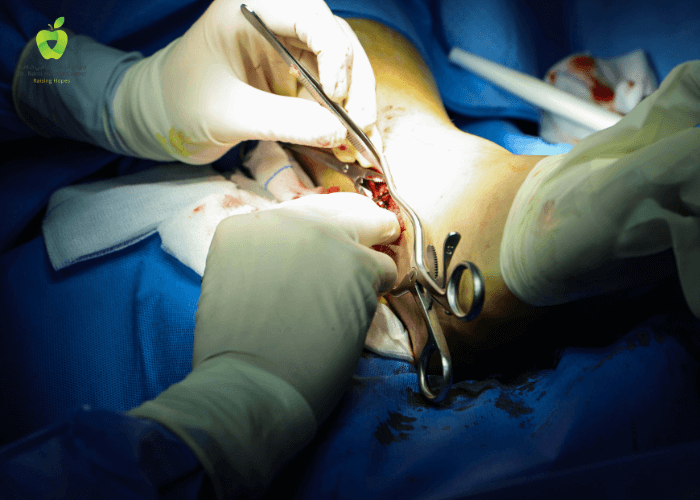Joint Dislocations at DRHC Dubai Sport Injuries Clinic
What is a Joint Dislocation?
A joint dislocation occurs when the bones that form a joint are forced out of their natural alignment. This painful injury is common in sports that involve physical contact, falls, or an extreme range of motion. Dislocations can affect any joint in the body but are most common in the shoulders, fingers, elbows, knees, and hips. Immediate medical attention is required to reduce the dislocation and prevent long-term damage to the joint, nerves, and surrounding tissues.
At DRHC Dubai, our expert orthopedic team specializes in diagnosing and treating sports-related joint dislocations to help athletes recover safely and return to their activities as quickly as possible.
Causes of Joint Dislocations in Sports
Joint dislocations are often caused by sudden trauma or forceful impact, making them a common injury in various sports. Key factors that contribute to dislocations in sports include:
- Direct impact or collision: Contact sports like football, rugby, and hockey increase the risk of dislocations due to the high likelihood of collisions and falls.
- Falls or awkward landings: Sports like gymnastics, cycling, and snowboarding involve falls, which can lead to dislocations, especially in the wrists, shoulders, and knees.
- Overstretching or hyperextension: Rapid or forceful movements that push the joint beyond its normal range of motion can result in dislocation, particularly in sports like basketball or tennis.
- Tackling or improper form: Athletes in sports that require tackling, such as soccer or rugby, may suffer from dislocations if they are tackled improperly or fall awkwardly.
- Repetitive stress or instability: Some athletes, especially those with a history of joint injuries, are more prone to dislocations due to weakened ligaments and joint instability.
Common Types of Joint Dislocations in Sports
Some of the most frequently dislocated joints in sports include:
- Shoulder dislocation: The shoulder joint is the most commonly dislocated in the body, especially in contact sports like football, basketball, and rugby. The shoulder can be displaced forward (anterior dislocation) or backward (posterior dislocation).
- Knee dislocation: Sports that involve jumping or quick directional changes, like basketball and soccer, can cause knee dislocations, which may also damage ligaments.
- Finger dislocation: Common in sports like basketball, volleyball, and rock climbing, finger dislocations often occur when the hand makes forceful contact with a ball or surface.
- Elbow dislocation: A fall onto an outstretched hand can lead to elbow dislocations, often seen in sports like gymnastics, wrestling, or skateboarding.
- Hip dislocation: High-impact sports like skiing or motorcycling can lead to hip dislocations, which require immediate medical attention due to the risk of vascular damage.
Symptoms of a Joint Dislocation
Joint dislocations are usually easy to identify due to their immediate and painful symptoms. Common signs include:
- Severe pain: Intense pain at the joint that worsens with movement.
- Visible deformity: The joint may appear out of place, with a noticeable bump or abnormal positioning.
- Swelling and bruising: The area around the dislocated joint will quickly swell and may bruise.
- Loss of movement: The affected joint may become immobile, and the athlete may be unable to move it or bear weight.
- Numbness or tingling: Dislocations can compress nearby nerves, causing numbness, tingling, or weakness in the affected area.
- Instability: The joint may feel unstable or as if it might slip out of place again.
Diagnosing Joint Dislocations
Immediate evaluation is necessary for any suspected joint dislocation. At DRHC Dubai, our orthopedic specialists will assess your injury through:
- Physical examination: The doctor will assess the joint for deformity, swelling, and range of motion.
- X-rays: X-rays are commonly used to confirm the dislocation and determine if there are any associated fractures.
- MRI or CT scans: In more complex cases, advanced imaging like MRI or CT scans may be necessary to assess soft tissue damage, including ligaments, tendons, and nerves.
Treatment for Joint Dislocations
The treatment of a dislocated joint depends on the severity and location of the injury. At DRHC Dubai, our orthopedic team provides comprehensive care, including:
- Closed Reduction: In most cases, a healthcare provider will manually manipulate the joint back into place. This process is called a closed reduction and is usually performed under local or general anesthesia to minimize pain. Once the joint is back in its natural position, additional treatment follows to ensure proper healing.
- Immobilization: After the reduction, the joint is typically immobilized using a splint, brace, or sling to prevent movement and allow the surrounding tissues to heal. The immobilization period varies depending on the joint and the severity of the dislocation, but it can range from a few days to several weeks.
- Surgical Treatment: In some cases, surgery may be necessary, especially if the dislocation caused significant damage to the surrounding ligaments, tendons, or nerves. Surgery may also be recommended for recurrent dislocations to stabilize the joint and prevent future incidents.
- Rehabilitation and Physical Therapy: After the initial healing phase, rehabilitation is critical to restore joint mobility, strength, and function. A physical therapy program tailored to the athlete’s needs is essential for a full recovery and to reduce the risk of future dislocations. At DRHC Dubai, we offer customized rehabilitation programs to ensure athletes can safely return to their sport.
- Pain Management: Over-the-counter pain relievers, such as ibuprofen or acetaminophen, may be recommended to reduce pain and inflammation during the healing process. In more severe cases, prescription medications may be necessary.
Recovery and Return to Sports
The recovery time for a dislocated joint depends on the severity of the injury, the joint involved, and whether surgery is required. Generally, most athletes can expect a recovery period of 4 to 12 weeks before they can safely return to their sport. Physical therapy plays a crucial role in regaining strength, flexibility, and stability in the affected joint.
It’s important to follow your doctor’s advice and avoid returning to sports too soon, as this increases the risk of re-injury or chronic instability.
Preventing Joint Dislocations in Sports
While some dislocations are unavoidable, athletes can take steps to reduce their risk:
- Use protective gear: Wearing appropriate protective equipment, such as shoulder pads or wrist guards, can help absorb impact and reduce the likelihood of dislocations.
- Strength and conditioning: Strengthening the muscles around vulnerable joints can provide additional support and stability. Incorporate flexibility exercises into your routine to improve joint range of motion.
- Proper technique: Learning and practicing proper form in sports movements can help prevent overstretching or placing excessive stress on joints.
- Avoid overexertion: Gradually increase the intensity of your activities and avoid pushing your body beyond its limits to minimize the risk of injury.
Why Choose DRHC Dubai for Joint Dislocation Treatments?
At DRHC Dubai, our team of experienced orthopedic specialists provides cutting-edge care for sports-related joint dislocations. We offer:
- Expert diagnosis and personalized treatment plans tailored to each patient’s specific needs.
- Minimally invasive surgical options when necessary to promote faster recovery and reduce downtime.
- Comprehensive rehabilitation programs are designed to help athletes regain strength, mobility, and stability.
- State-of-the-art facilities equipped with the latest technology for accurate diagnosis and treatment.
.png?width=281&height=59&name=bookanappointment%20(1).png)
*know more about our surgical packages*
Orthopedic Dubai / Orthopedic Clinic / Orthopedic specialist in Dubai - Are you looking for the best orthopedic surgeon in Dubai or a neurospinal hospital? DRHC provides the best orthopedic surgeons and orthopedic doctors in Dubai. To book an appointment, please call +97142798200.




.png?width=281&height=59&name=bookanappointment%20(1).png)




